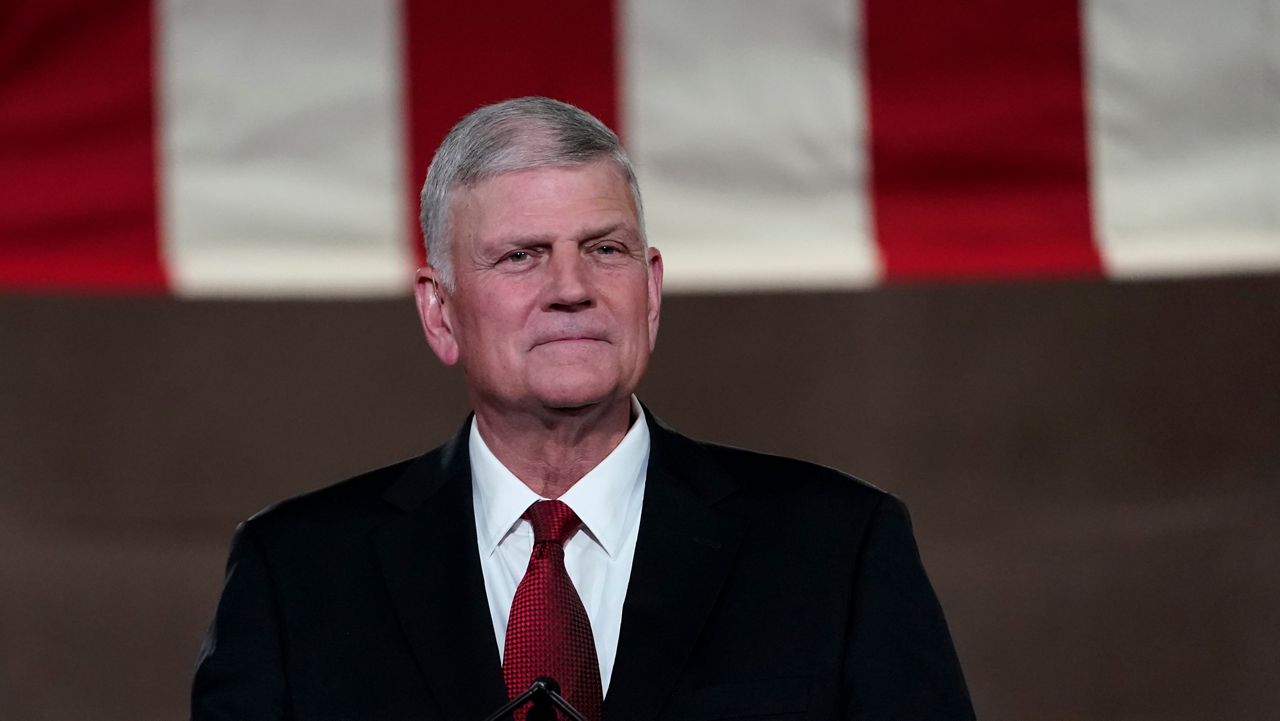History is Etched in the Voices of the Brave
“History is never written in silence — it is etched, boldly and unforgettably, in the voices of those courageous enough to speak the truth, to stand up against injustice, and to inspire generations that follow.”
These words serve as a powerful reminder that the stories of our past, the lessons of our present, and the visions for our future are shaped not by silence, but by courage. Every moment that changed the course of humanity was marked by individuals who refused to remain quiet, who chose action over passivity, and who understood that their voices could shape the narrative of the world.
Throughout history, countless examples illustrate that silence is the enemy of progress. From the abolitionists who spoke against slavery in the 18th and 19th centuries to the civil rights leaders of the 20th century, those who dared to raise their voices against injustice left an indelible mark on the world. Figures like Frederick Douglass, Martin Luther King Jr., and Sojourner Truth remind us that courage is not simply a matter of physical strength or political power — it is the willingness to confront oppression, to challenge prevailing norms, and to demand change, even when the consequences are severe.

Consider the suffragists who fought tirelessly for women’s right to vote. Their voices, often silenced, ridiculed, or dismissed, nevertheless carried the weight of justice. The speeches, pamphlets, and marches they organized were not just acts of protest; they were instruments that reshaped society. Without their determination to speak, society might have continued for decades in the shadow of inequality. History remembers their words and actions because they refused to let silence define their legacy.
Even beyond the confines of organized movements, the power of speaking out resonates in personal acts of courage. Think of whistleblowers in modern times, people who risk careers, reputations, and even personal safety to reveal truths that the powerful wish to conceal. Their voices become a conduit for accountability, ensuring that corruption, injustice, and wrongdoing do not go unnoticed. Without them, society might remain complacent, unaware of the injustices that silently shape its institutions. History, again, is written not in silence but in defiance.
The bravery to speak out is not limited to political or social arenas. Literature, art, and music have also been vehicles through which voices challenge, inspire, and endure. Writers like George Orwell or Maya Angelou, musicians like Bob Dylan or Billie Holiday, and artists like Frida Kahlo have all used their platforms to confront uncomfortable truths and provoke thought. Their work reminds us that even subtle forms of expression — words on a page, a song, a painting — are forms of resistance and bravery. Each voice becomes a thread in the larger tapestry of history, ensuring that collective memory is not dictated solely by the powerful but by those willing to express truth, beauty, and dissent.
It is important to recognize that speaking out requires not only courage but responsibility. Voices that shape history carry the weight of truth, authenticity, and ethical intention. When individuals wield their words carelessly, history can be distorted. But when spoken with integrity, even a single voice has the capacity to inspire movements, provoke reflection, and ignite change. The legacy of courageous voices is a lesson that echoes across generations: words matter, and silence often serves the status quo.
In contemporary society, the call to speak courageously remains as relevant as ever. In an age dominated by social media, digital communication, and global connectivity, voices can resonate across continents in an instant. This amplifies both the opportunity and responsibility to speak truth to power. Young activists, educators, journalists, and ordinary citizens now have the means to contribute to history in real-time. Every tweet, article, video, or public statement can shape discourse and influence the future. History, as always, is etched in those who choose to speak rather than remain silent.
However, the modern world also demonstrates the challenges of brave voices. Misinformation, harassment, and polarized discourse often aim to silence or discredit those who speak inconvenient truths. This makes the act of voicing one’s convictions even more courageous. In this context, the maxim that “history is etched in the voices of the brave” is not just inspirational — it is a call to action. It reminds us that every individual has the potential to influence society, that courage is a prerequisite for change, and that silence often serves oppression.
Ultimately, the power of voice is timeless. From the ancient orators of Greece and Rome to contemporary leaders, activists, and creators, history is full of examples where speaking out shaped the trajectory of civilizations. Silence may provide comfort or safety, but it rarely fosters justice, progress, or enlightenment. The stories we remember, celebrate, and teach are those of individuals who dared to express themselves, challenge the norms, and inspire others to do the same.

In conclusion, the statement, “History is never written in silence — it is etched in the voices of the brave,” encapsulates the essence of human progress. Every transformative event in history owes itself to courage, to words spoken when it would have been easier to stay quiet, to voices raised in defiance of injustice. To honor this legacy, we must recognize the power of our own voices. We must understand that courage is not the absence of fear, but the willingness to act despite it. Each time we speak truth, defend justice, or advocate for change, we continue the work of those who came before us, ensuring that history remembers not the silent, but the brave.
